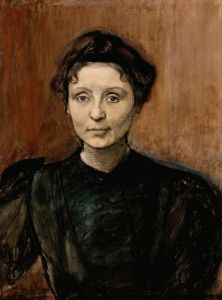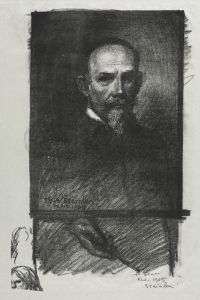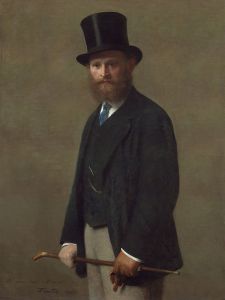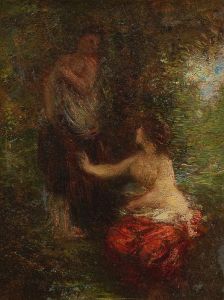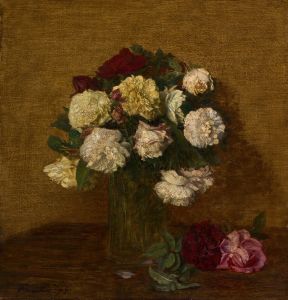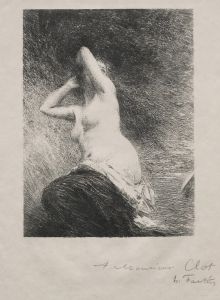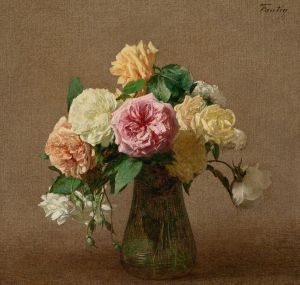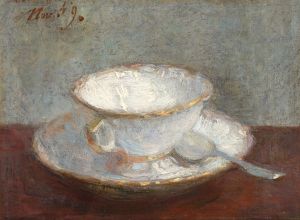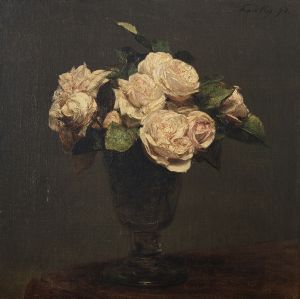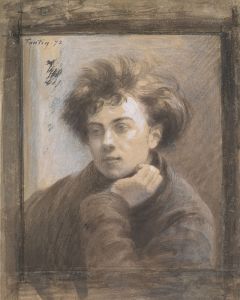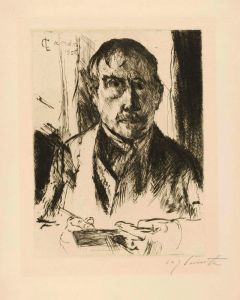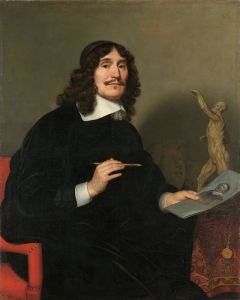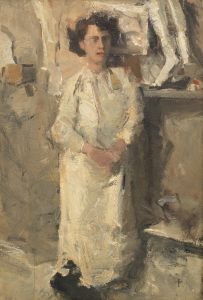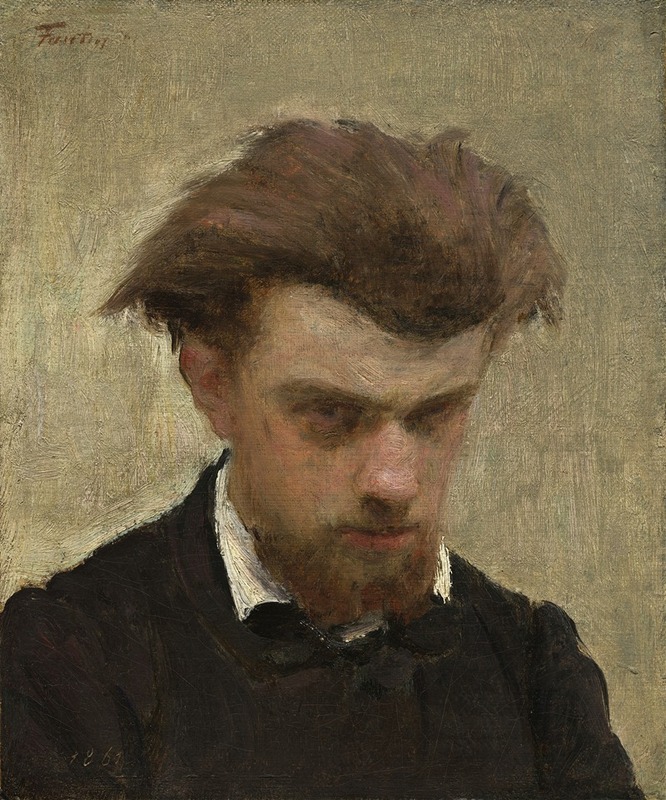
Self-Portrait
A hand-painted replica of Henri Fantin-Latour’s masterpiece Self-Portrait, meticulously crafted by professional artists to capture the true essence of the original. Each piece is created with museum-quality canvas and rare mineral pigments, carefully painted by experienced artists with delicate brushstrokes and rich, layered colors to perfectly recreate the texture of the original artwork. Unlike machine-printed reproductions, this hand-painted version brings the painting to life, infused with the artist’s emotions and skill in every stroke. Whether for personal collection or home decoration, it instantly elevates the artistic atmosphere of any space.
Henri Fantin-Latour, a renowned French painter and lithographer, is celebrated for his exquisite still lifes and portraits. Among his notable works is the "Self-Portrait," which exemplifies his skill in capturing the essence of his subjects with meticulous detail and subtle emotion. This self-portrait is a significant piece within his oeuvre, reflecting both his artistic prowess and his introspective nature.
Fantin-Latour was born on January 14, 1836, in Grenoble, France. He moved to Paris with his family in 1841, where he later studied at the École des Beaux-Arts. His artistic journey was influenced by his father, who was also a painter, and by his exposure to the works of the Old Masters at the Louvre. Fantin-Latour's style is often associated with realism, yet it also carries elements of romanticism, particularly in his portraits and self-portraits.
The "Self-Portrait" by Fantin-Latour is a testament to his ability to convey depth and personality through portraiture. In this work, he presents himself with a calm and contemplative demeanor, a characteristic feature of his self-representations. The painting is executed with a restrained palette, emphasizing the play of light and shadow to create a sense of volume and presence. Fantin-Latour's attention to detail is evident in the rendering of his facial features and the texture of his hair and clothing.
Throughout his career, Fantin-Latour maintained a close association with several prominent artists of his time, including Édouard Manet, James McNeill Whistler, and the Impressionists, although he never fully embraced the Impressionist style himself. Instead, he remained committed to a more traditional approach, focusing on precision and clarity in his work. His self-portraits, including this one, often reflect his introspective nature and his dedication to his craft.
Fantin-Latour's self-portraits are not merely exercises in self-representation; they also offer insight into his artistic philosophy. He believed in the importance of capturing the true essence of his subjects, whether they were people, flowers, or himself. This commitment to authenticity is evident in the "Self-Portrait," where he presents an honest and unembellished view of himself.
In addition to his portraits, Fantin-Latour is well-known for his floral still lifes, which are celebrated for their delicate beauty and technical precision. His ability to capture the subtleties of light and color in these works parallels his approach to portraiture, where he similarly seeks to reveal the inner life of his subjects.
Fantin-Latour's work received recognition during his lifetime, and he exhibited regularly at the Salon in Paris. Despite this, he remained somewhat of an enigmatic figure, preferring the solitude of his studio to the bustling art scene of the time. His self-portraits, including the "Self-Portrait," offer a glimpse into the mind of an artist who valued introspection and artistic integrity above all else.
Henri Fantin-Latour passed away on August 25, 1904, in Buré, France. His legacy endures through his paintings, which continue to be admired for their beauty and technical mastery. The "Self-Portrait" remains an important work within his body of art, reflecting both his personal and artistic identity.





